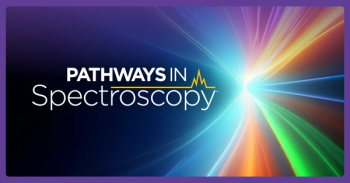
ACD/Labs and Nanalysis Scientific Enter into Collaborative Arrangement
ACD/Labs (Toronto, Canada) and Nanalysis Scientific Corporation (Calgary, Albereta, Canada) have entered into a collaborative arrangement that will supply purchasers of Nanalysis 60 and 100 MHz benchtop NMR spectrometer with ACD/Spectrus Processor software for data processing and analysis.
ACD/Labs (Toronto, Canada) and Nanalysis Scientific Corporation (Calgary, Albereta, Canada) have entered into a collaborative arrangement that will supply purchasers of Nanalysis 60 and 100 MHz benchtop NMR spectrometer with ACD/Spectrus Processor software for data processing and analysis. The announcement was made at the 61st Experimental Nuclear Magnetic Resonance Conference (ENC), which took place in March, in Baltimore, Maryland.
The terms of the agreement allow Nanalysis to bundle a one-year subscription of ACD/Spectrus Processor at no cost to academics, and for a small fee to industry. ACD/Labs’ industry-standard software that predicts spectra from structure (ACD/Labs NMR Predictors) and its advanced processing, interpretation, and databasing application (ACD/NMR Workbook Suite) will also be available to Nanalysis customers.
Newsletter
Get essential updates on the latest spectroscopy technologies, regulatory standards, and best practices—subscribe today to Spectroscopy.




